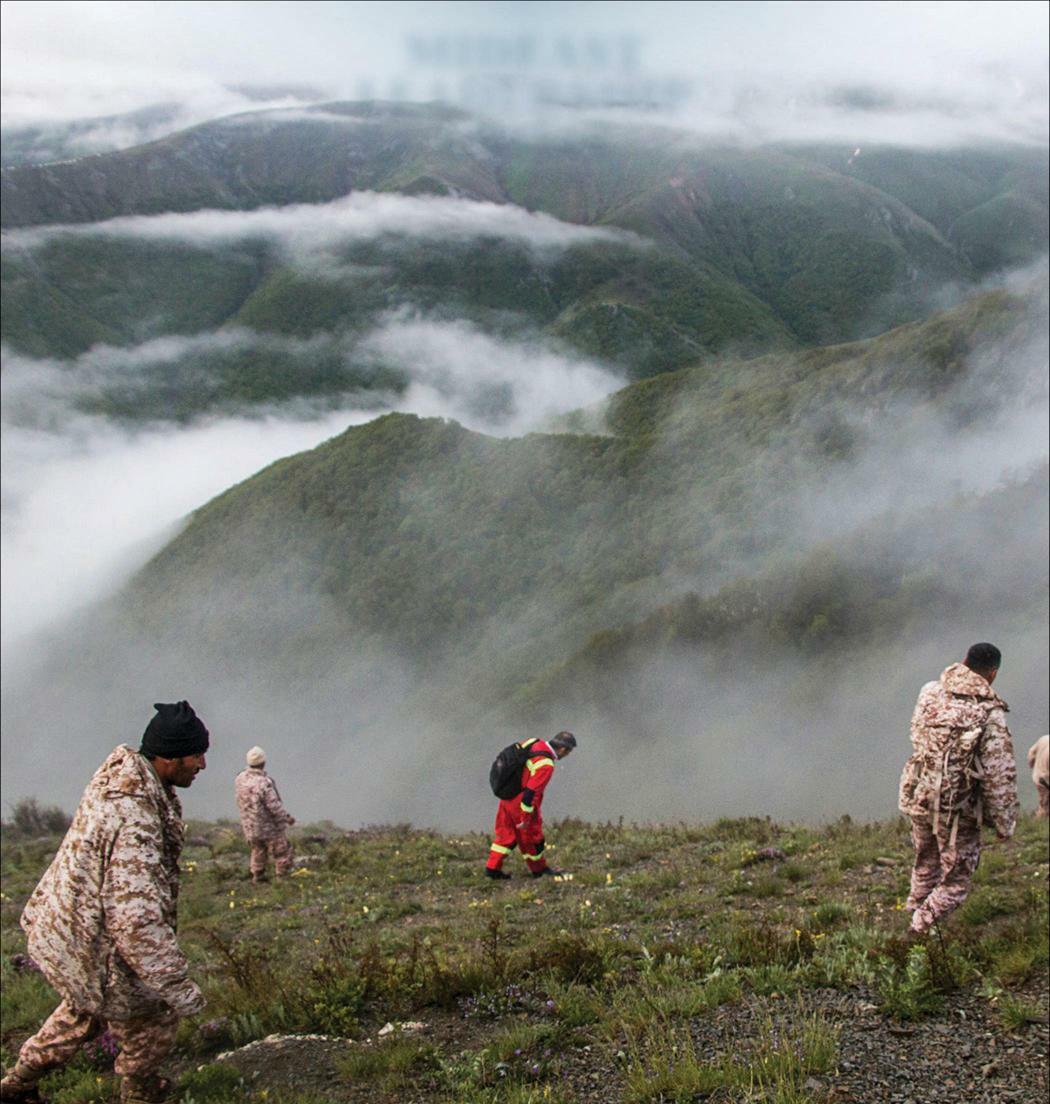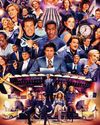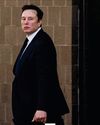
IF THE MIDDLE EAST IS A PUZZLE, IT'S ONE THAT grew even harder to imagine ever clicking together as the evening of May 19 gave way to May 20. In the space of 24 hours, the President of Iran was killed, and the Prime Minister of Israel learned that a warrant for his arrest for war crimes and crimes against humanity was sought by the prosecutor of the International Criminal Court (ICC), who also wanted warrants for leaders of Hamas. Even before Saudi Arabia announced its elderly King was gravely ill, the point had come home: nearly eight months after Oct. 7, the essential question in the Middle East is leadership.
In Iran, more than fog obscured the helicopter crash that left President Ebrahim Raisi and seven others dead. Though the default explanation traced the cause to an aviation fleet stunted by decades of U.S. sanctions, conspiracy theories regarded that as a handy cover for either Mossad-in retaliation for Iran's April 13 assault on Israel-or bloody-minded rivals of Raisi in the competition to succeed 85-year-old Ali Khamenei in Iran's top job. His title, Supreme Leader, says it all.
Unlike General Qasem Soleimani, whose popularity across Iranian society made his 2020 assassination by U.S. drone a profound loss to the regime, Raisi left no void. Khamenei will decide which hard-line apparatchik appears on the ballot to replace him. He vowed "no disruption in the country's work." Iran will continue waging war on Israel by arming Hamas in Gaza and Hizballah in Lebanon.
This story is from the {{IssueName}} edition of {{MagazineName}}.
Start your 7-day Magzter GOLD free trial to access thousands of curated premium stories, and 9,000+ magazines and newspapers.
Already a subscriber ? Sign In
This story is from the {{IssueName}} edition of {{MagazineName}}.
Start your 7-day Magzter GOLD free trial to access thousands of curated premium stories, and 9,000+ magazines and newspapers.
Already a subscriber? Sign In

CAVALCADE OF COMEDY
As Saturday Night Live celebrates its 50th season, alumni look back on the people, moments, and humor that shaped their time at an American institution

The Summer of Scam that never ended
EARLY IN THE NEW NETFLIX SERIES APPLE CIDER VINEgar, its star, Kaitlyn Dever, breaks the fourth wall.

The Italian 'Trump whisperer'
ITALIAN PRIME MINister Giorgia Meloni's political fortunes are far brighter than any other G-7 leader's.

The (real) problem with fake plants
WHEN THE GERMAN PHILOSOPHER IMMANUEL KANT puzzled over why nature looks beautiful to us, he considered the case of replicas.

Insecurity is the new inequality
DONALD TRUMP'S SECOND PRESIDENTIAL TERM HAS already been accompanied by a cascade of unnerving political and natural events-from the U.S.'s leaving the World Health Organization and the Paris Climate Accords, to the nighttime firings of inspectors general and pardons of the Jan. 6 rioters, to the raids targeting immigrants in a number of cities and the wildfires roaring through swaths of Los Angeles.

TIME the Closers
25 BLACK LEADERS WORKING TO END RACIAL INEQUALITY

THE PAW PATROL PRINCIPLE
How a toy company built a children's-television juggernaut

Mindy Kaling The writer, producer, and showrunner on the status of Legally Blonde 3, cooking with Meghan Markle, and her new Netflix comedy, Running Point
The family in Running Point has shades of Succession. Was that show on your mind?

A THOUSAND CUTS
THE STANDOFF AT 1300 PENNSYLVANIA AVENUE was not much of a spectacle.

DeepSeek's hidden warning for AI safety
THE RELEASE OF DEEPSEEK R1 STUNNED WALL STREET and Silicon Valley in January, spooking investors and impressing tech leaders.